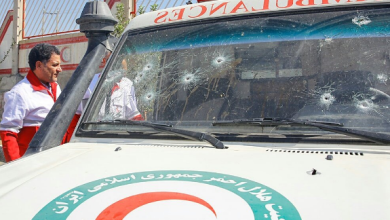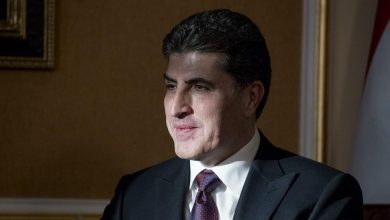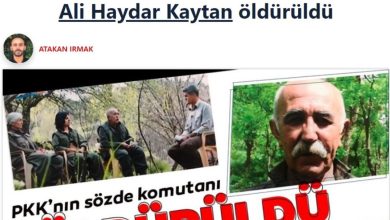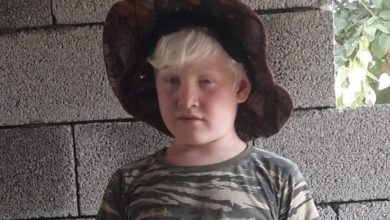After the PKK was founded, Abdullah Ocalan repeatedly confirmed that the Turkish intelligence (MIT) had established the PKK, and even proudly said that the PKK was funded by the MIT in the first few years of its establishment. Abdul Rahman Dilipak, a Kurdish representative of Erdogan’s Justice and Development Party, confirms this, as do many Kurdish politicians (1).
After the establishment of the PKK, Ocalan declared the suppression of Kurdish parties and groups as his first goal. The PKK killed the leaders and many members of these Kurdish parties. During a meeting between the leader of the Turkish Kurdistan Socialist Party, Kemal Burkay, and Jalal Talabani with Ocalan in Syria, Kemal Burkay announced Ocalan’s formal and public apology for ordering the assassination of Socialist Party members as the first condition for preparing to ally with Ocalan against Turkey. Ocalan promised verbally but did not keep his words.

When Ocalan went to Syria, he organized the PKK there with the help of Jamil al-Assad, Hafez al-Assad’s brother, and in 1984 launched the first official armed operation. He made many concessions to get help from Syria. An example is the public denial of the existence of Syrian Kurdistan. In a lengthy interview with Syrian journalist Nabil al-Mulham in 1996, Abdullah Ocalan explicitly “denied the existence of Syrian Kurdistan and the existence of the Kurdish issue in Syria.” This interview was published in 1997 as a book entitled “Leader and People: Seven Days with Apo”. “Most of the Syrian Kurds are refugees who have fled the fear and oppression of Turkey, and I am trying to bring them back to their homeland through the PKK. The Syrian government is also happy about this,” he said.

The PKK leader assassinated internal dissidents in order to consolidate his dictatorship. He did not even spare the members of the Central Committee. Dr. Jiyan, the sister of Kurdish writer Mahmud Baksi, was among those who protested Ocalan’s corruption and his harem, but was killed on charges of “spying for imperialism.” Sakine Cansiz’s fiancé Mohammad Shener, the first person to publicly reveal the existence of Ocalan’s harem, was also assassinated on Ocalan’s orders. The list of PKK internal killings is so long that it became the subject of several books – including the book “Killing Your Comrade” by Aytekin Yilmaz, a former PKK member.
One of the measures that Abdullah Ocalan ordered the PKK prisoners to do was not to wear Turkish prison clothes as a “sign of surrender to the will of the government.” Many prisoners were killed because other PKK prisoners wore the uniform, and Ocalan supported the move. Interestingly, Abdullah Ocalan wore a prison uniform after his arrest without the slightest protest and appeared in court several times.

Today marks the anniversary of one of Ocalan’s actions – in continuation of his endless crimes against the Kurds – after his arrest. On this day, he ordered all PKK members inside Turkey to hide their weapons and all to gather at a specific point and cross the border marked by the army and go to northern Iraq. The PKK media called this a step towards starting a dialogue, peace, but never said anything about the fate of the 500 PKK fighters who crossed the line intended by the army. Ocalan is aware of the policy of Turkey and its army, but he gave orders despite it. The army massacred all those people who were unarmed. The PKK did not even dare to protest for fear of Ocalan. Can we say that only a Turkish intelligence agent can issue such an order against his men? Why did the PKK media, which claims freedom of expression, never talk about this?
This caused the number of protesters to escaping the PKK increase even at the leadership level – such as Salahuddin Chelik.
There are many unanswered questions about Ocalan. For example: In Turkey, government officially called Ocalan the enemy number one of the nation. When Ocalan was arrested, there was a death sentence in the Turkish constitution. Why did they remove the death sentence from the constitution immediately and in order not to execute the enemy number one?! The so-called Kurdish human rights should investigate in this field and know and say!






